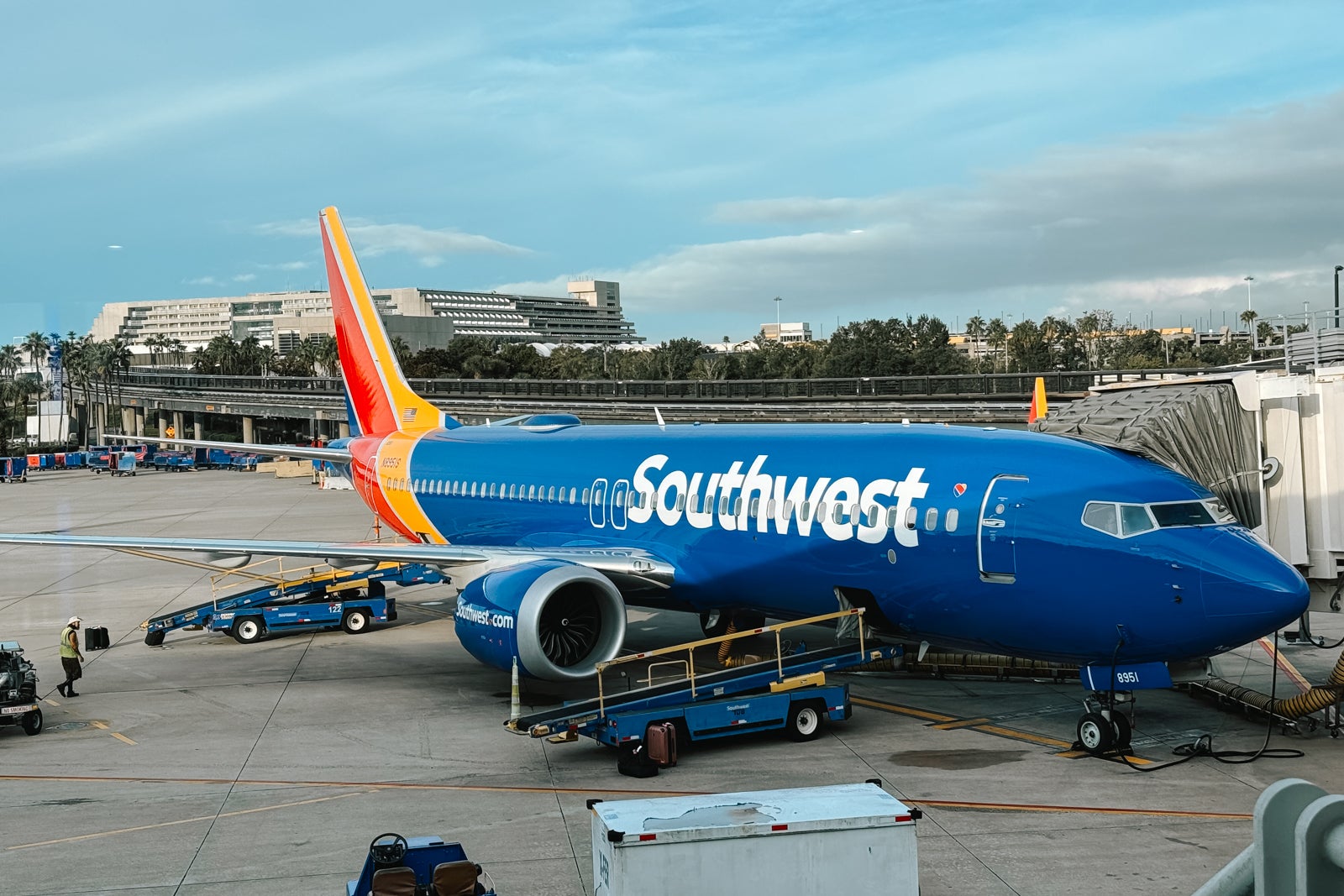A chilling act of self-censorship has ignited a firestorm, as historian Rutger Bregman accused the BBC of removing a critical line from his prestigious Reith Lecture. The excised statement, a direct assessment of former US President Donald Trump, has thrown the broadcaster’s commitment to free expression into sharp relief.
Bregman, delivering a series of lectures titled “A Time Of Monsters,” originally stated that Donald Trump was “the most openly corrupt president in American history.” This stark declaration vanished from the Radio 4 broadcast, a decision the BBC justified with the vague explanation of “legal advice.” The removal occurred against a backdrop of escalating pressure, following Trump’s threats of a billion-dollar lawsuit over previous BBC coverage.
The author revealed his dismay through a public post, describing the BBC’s action as deeply “disappointing” and a clear instance of censorship. He detailed a frustrating period of uncertainty, days spent awaiting a response as the broadcaster’s leadership wrestled with the implications of including the statement.

The irony, Bregman pointed out, is almost unbearable. His lecture series is fundamentally about the dangers of succumbing to authoritarianism – the very act the BBC appeared to be enacting by silencing a critical voice. He expressed profound shock at the decision, questioning the courage of institutions in the face of power.
The Reith Lectures, a cornerstone of British public broadcasting for over 75 years, have historically provided a platform for bold and challenging ideas. Past lecturers include luminaries like Stephen Hawking and Dame Hilary Mantel, figures known for their intellectual independence. This tradition now feels threatened.
Bregman defended his statement as both “defensible and plausible,” citing investigations that have documented Trump’s financial dealings during his presidency. He argued that the BBC’s decision wasn’t about him personally, but about a far more significant erosion of democratic principles.

He warned that democracies don’t crumble through sudden upheaval, but through a gradual surrender to fear. The act of self-censorship, he believes, is a dangerous symptom of this decline, a moment demanding urgent attention. It’s a quiet erosion, he suggests, that goes unnoticed until it’s too late.
The BBC responded with a brief statement, reiterating its commitment to editorial guidelines and confirming the removal was based on legal counsel. However, this explanation offers little comfort to those concerned about the implications for independent journalism and the free exchange of ideas.
This incident raises fundamental questions about the boundaries of responsible reporting and the willingness of institutions to stand firm against intimidation. It’s a stark reminder that the fight for truth and transparency is a constant one, requiring vigilance and courage.







